How do I start a microbrewery at home
1. Have enough funding for your microbrewery
Make sure you have enough funding. Setting up a microbrewery is not cheap but equally it doesn’t have to cost the earth. You can start very small if you don’t need to rely on your brewery as your main source of income by setting up a nanonbrewery. If you do decide to set up a microbrewery you could start with say a 2.5 bbl (600 pints) plant as part of a brew pub then the entire brewing kit could be brought for as little as £10,000. At this sort of price you are not going to get a high quality piece of kit even if it does the job.
.jpg)
What type of brewing kit for your microbrewery?
Reliability, quality and technical support for your brewery you will pay for but may be worth the extra cost. There will be other start up costs such as the fit out of your premises, the cost of casks and other incidental brewing and business equipment. Where you do not have a ready route to market through a pub or bar then to make the brewery viable then you will need to look at a larger brewing plant. Our expert tutors suggest a size of 10 bbl minimum to produce economically viable amounts of cask-conditioned beer and a decent profit.
Scale matters in microbrewing
Bigger is always better in that it affords your brewery economies of scale but obviously this extra brewing capacity costs. Once you have all your expensive brewery in place make sure you protect it from theft or damage along with your valuable beer stocks with specialist microbrewery insurance.Vital to your finances is that you understand the taxes surrounding the production of beer and critical to this is Excise Notice 226 Beer Duty
2. Have sufficient expansion space
Looking at point 1 the thing that anybody setting up their own microbrewery will need to ensure is that they can expand. It may be the furthest thing from your mind when you are struggling to get your brewery off the ground, but very soon most microbreweries will have outgrown their original plant. Make sure that your premises have sufficient space to expand the brewery unless you are prepared to set up from scratch again.
How much space do I need for my microbrewery?
A 2.5 bbl plant will function with as little as 250 sqft for a 10 bbl plant you are looking at least 4 times this. Moving a brewery is expensive and very time consuming not to mention the interruption in beer production which will not go down well will your regular pub customers.
3. Include time for 'slippage'
Factor in delays to your initial set up. You hope that the process of getting your microbrewery off the ground goes smoothly, but you need to factor in a little bit of slippage. Perhaps planning permission to get your change of use to a B2 use class required by most breweries is delayed, or your grant application takes longer to approve than your thought. Consent to discharge from the environment agency will not be granted immediately.
4. Carry out a proper market analysis
Know your market and be aware of your competition. Brewing is a pretty friendly business to be involved in. There is a ‘band of brothers’ relationship between microbrewers and it is not uncommon for microbreweries to help each other out. However, despite this cordial relationship with your fellow brewers they are nonetheless your competition. Is your local market already saturated with other micros? If your business plan involves producing and selling mainly cask conditioned ales then remember that your market initially will largely be local.
A pub and/ or a taproom is vital
This means that you need to ensure that there are enough pubs in your local area who will be prepared to take your beer. Start your research early by talking to local publicans to see whether they are prepared to take your beer and at a reasonable price (depending on the area this could be anything from £65 -100+ per 72-pint cask.) Do consider signing up and selling your beer through SIBA's Beerflex scheme. Factor in at the beginning creating your own tap room or leasing a pub. This route to market is going to be vital for your long-term profitablity but in the early days double margins on your beer is going to be the difference between surviving and going under.
Microbrewery start up course
5. Have a long-term plan for your microbrewery
Have a long-term plan for your beer brand & microbrewery. You need to start with a long-term vision for your brewery business. Is it that you want your brewery to be mainly a local cask ale producer? Do you want to be an export led beer brand?
Small can be 'beautiful'
Are you happy with a lifestyle microbrewery producing small quantities for bottling and selling as craft beers at farmers markets. There are numerous business models out there for microbreweries but have a plan. Having said that you must always remain flexible and responsive to changes in the market place. All successful businesses exhibit the trait of a long term vision but with the ability to adapt and take opportunities along the way.
6. Consider carefully your packaging formats & route to market
Consider the full range of routes to your market for your beer and which ones is most appropriate for your microbrewery. The main forms of packaging for your beer are: cask, bottled (filtered), bottle conditioned, can, keg. Each has potential attractions, drawbacks and cost implications so make sure you choose the right combination for your brewery and beer brand.
7. Do you have all the skills?
Essential for setting up a microbrewery like any new business is the right skill sets. Do you have all the skills you need to brew brilliant beer and then sell it profitably. Take an honest look and if you don’t you may want to consider going into business with someone with complimentary skill sets. Remember with brewing beer that one of the old adages is that brewing is 80% cleaning. This is also true with commercial brewing too; you just have more of it!
Think about business interruption planning- there is only one of you!
Also, consider that if you only have one or two members of staff that they can fulfill each others roles. What would happen if your head brewer goes off sick or leaves? Do you have a plan? Is there somebody in your microbrewery that can take over. Otherwise a brewery without a brewer is a pretty pointless and loss making operation. Obvious… but make sure you have a strategy in place.
8. Understand your key financial metrics
Running a microbrewery even a small brewery there are certain key financial concepts that are paramount. Cashflow is king. You make be making money, but if you have no cash to pay your overheads you will very quickly be at the mercy of banks or creditors. You don’t want that. So ensure that you get paid promptly for your beer. Don’t let pubs or bars particularly ones you haven’t dealt with before run up long lines of credit or you may have a nasty shock down the line.
Turnover is vanity but 'profit' is sanity
The other point to remember is that turnover is vanity but profit is sanity. You may think that you are selling lots of beer but if you are not making any or enough profit on each pint then it’s only a matter of time before your microbrewery goes bust. Our expert brewing tutors will show you how to price your beers to account for all the costs including beer duty and VAT.
9. Equip your brewery with a refractometer
Get yourself a refractometer to measure the specific gravity of your beer. A good refractometer can be purchased for less than £100 and is useful for both commercial and home brewers. It is easier to use in a microbrewery setting than the traditional hydrometer even though you will need to use a conversion table to derive your specific gravity.
10. Get some experience & do a course
Setting up a new microbrewery is a big undertaking, particularly if you have not brewed commercially before. If you have never worked in a brewery or had direct experience then it’s worth getting some experience of the industry by working alongside a brewer. Also get expert advice and do a course with experts who can take you through all the things you need to consider before taking the plunge. Brewing is a great industry to get involved in but make sure you go into it with your eyes wide open!
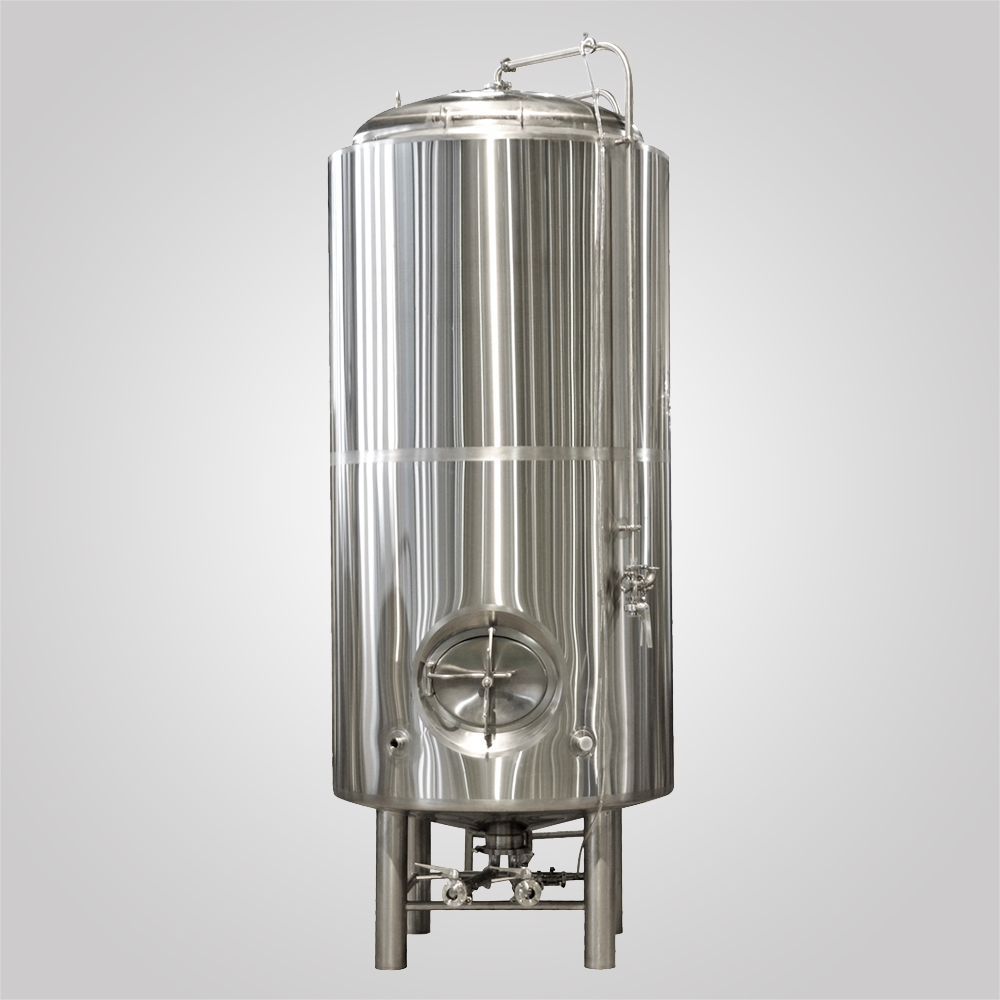
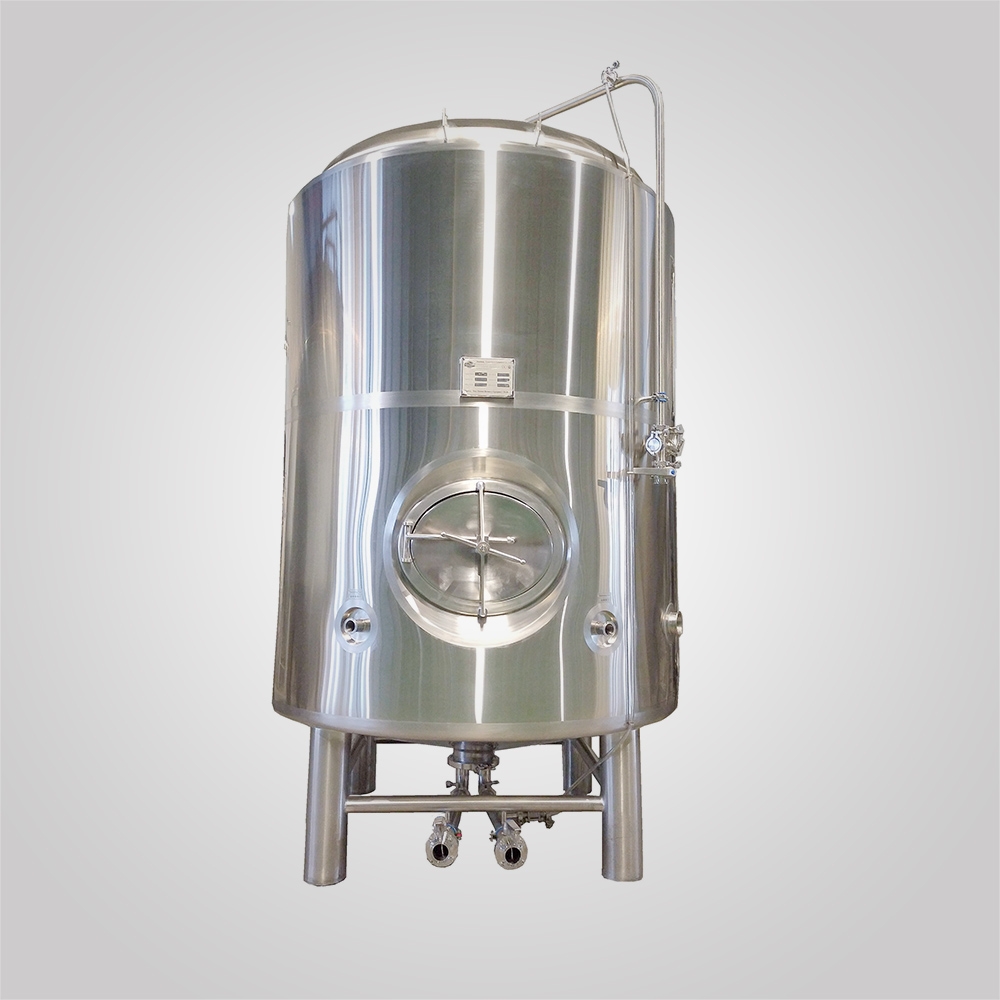
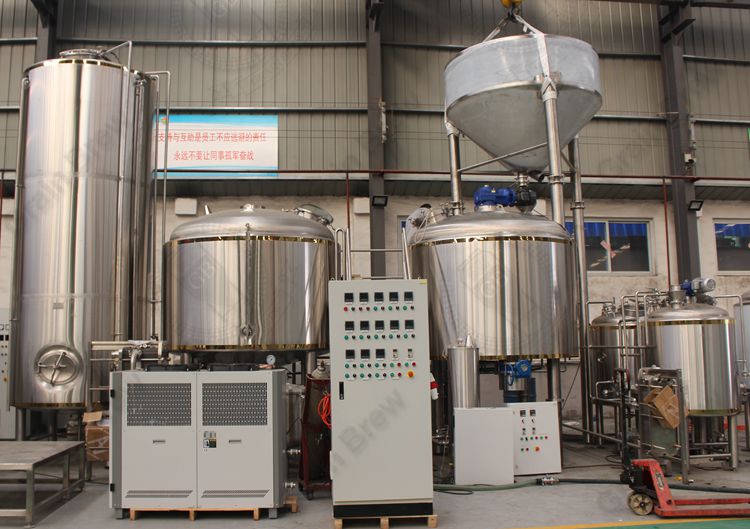
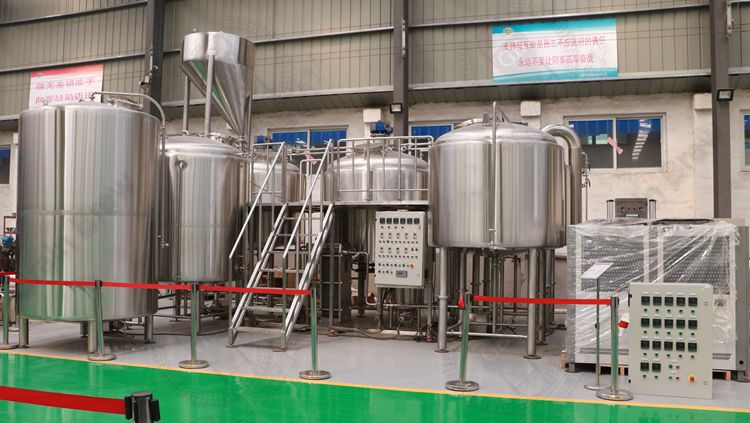
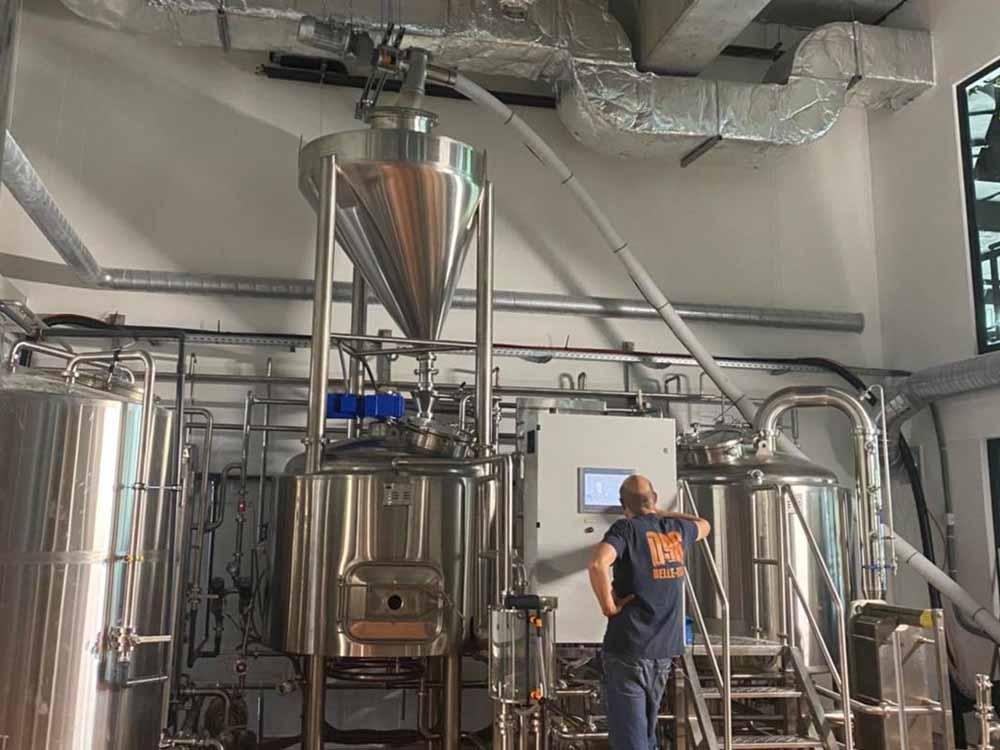
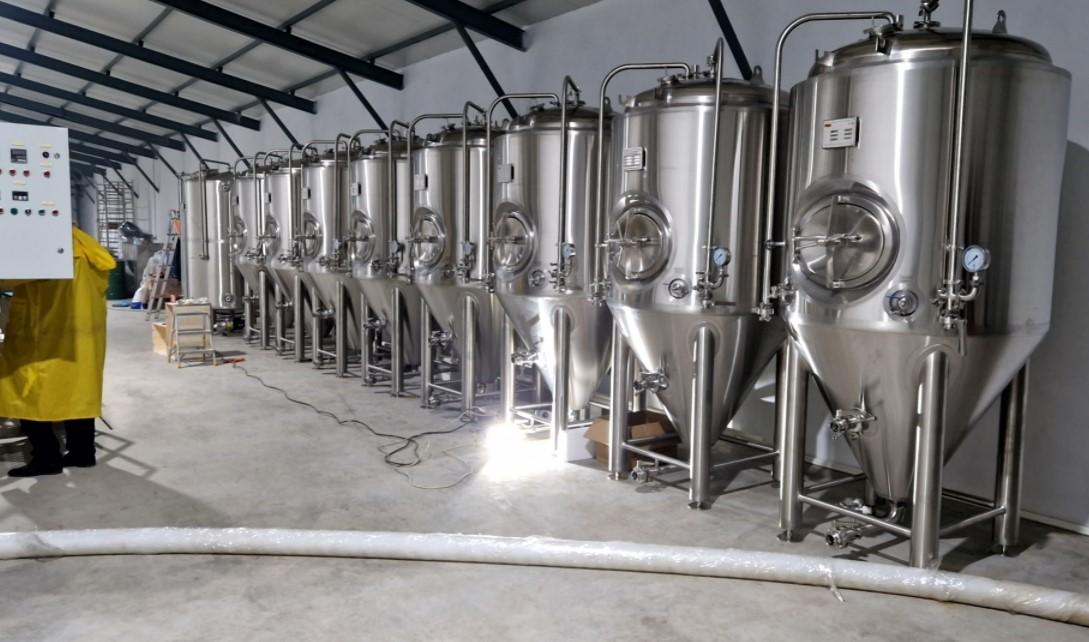
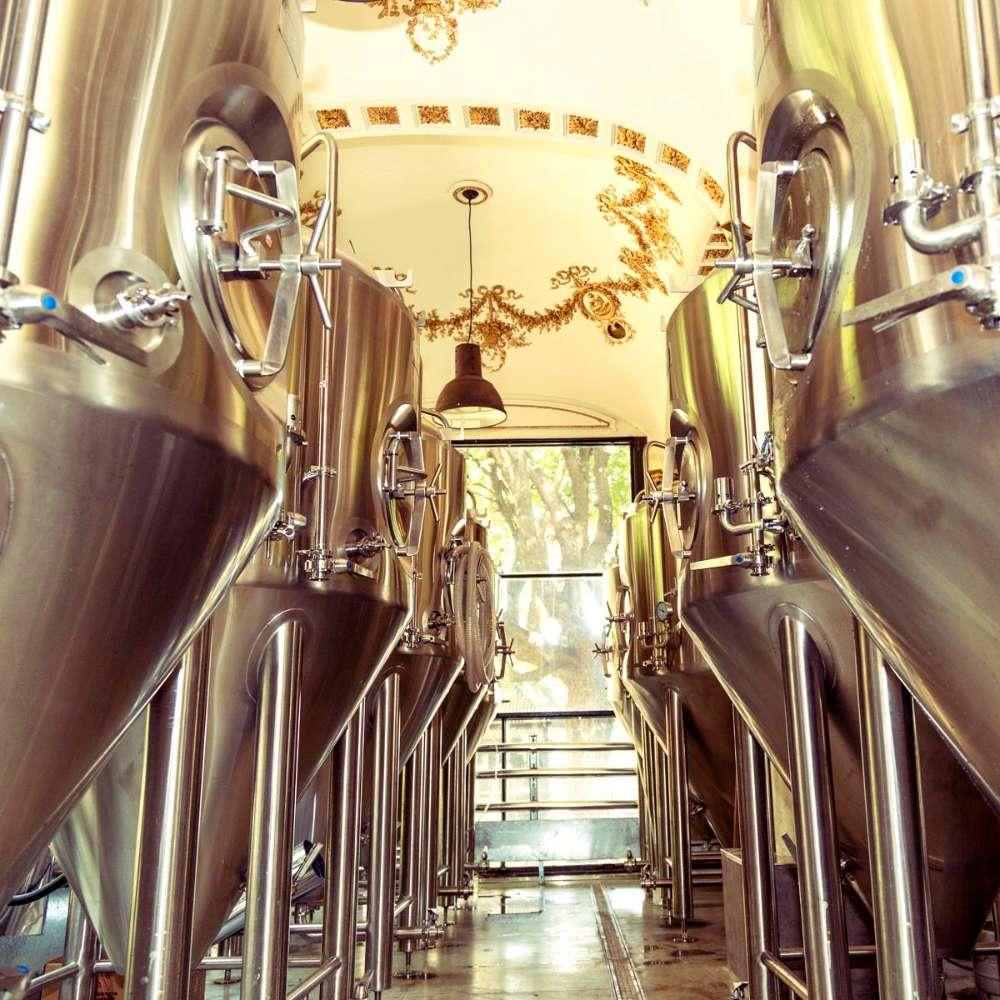

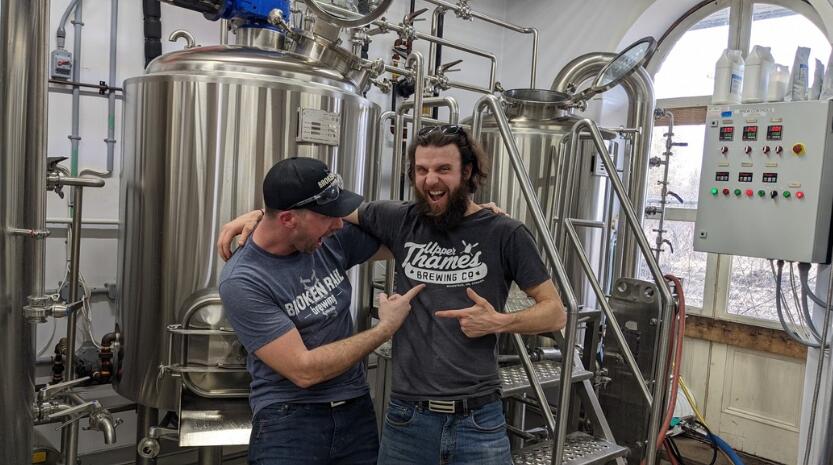

Get A Quote